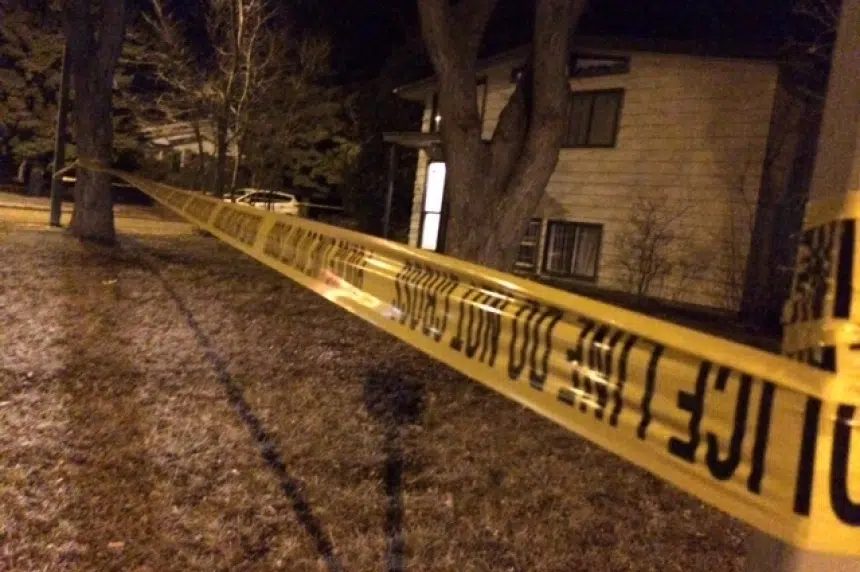One of the contributors to a staggering domestic violence report in Saskatchewan says education is the key to stopping it.
Jo-Anne Dusel, provincial co-ordinator for the Provincial Association of Transition Houses and Services of Saskatchewan (PATHS), spoke about the problem of domestic violence with 650 CKOM’s David Kirton Friday afternoon.
They discussed a recent report which determined 48 people were murdered as a result of domestic violence between 2005 and 2014, with nine more committing suicide as a result of abuse.
Dusel – who has worked with domestic violence victims for 20 years – said the numbers aren’t surprising.
“One of the benefits of doing this report is to bring this information to the wider public and the attention of government,” she said.
“So everyone can be aware of what victims and what workers in the field have known for quite some time.”
Asked how the issue of domestic abuse could be reduced or eliminated, Dusel said awareness is key.
“A lot of times people don’t understand what the dynamics of intimate partner violence are,” she said.
“They think… you’re only talking about the physical; a slap, a push or a punch. In fact, domestic violence is a whole spectrum of behaviour.”
Dusel noted some fatal domestic abuse situations don’t involve any prior physical violence.
In those cases, there are other “red flags” friends, family and co-workers can look for.
“You may see where they’re suddenly not coming out anymore or cancelling at the last minute,” She said.
“Or maybe they’re getting harassment at work where they’re getting frequent texts or phone calls and they seem upset.”
Dusel advises to offer opportunities for support to encourage conversation, even simply pointing out to a co-worker they seem upset and asking “are you okay?”
She said even if they don’t want to talk about the issue, it can open a door.
“Just the fact you mentioned it lets them know that you noticed and that you’re a person they can conceivably come to when they’re ready to talk.”
Saskatchewan’s domestic violence rate is twice the national average in Canada, but Dusel said those simple steps can help bring the rate down.
“If we were more aware as a society what the red flags are, then we would be able to intervene sooner,” she said.
Dusel added early intervention would allow both the abused and abuser to get professional help, noting abuse is a “learned” behaviour.











